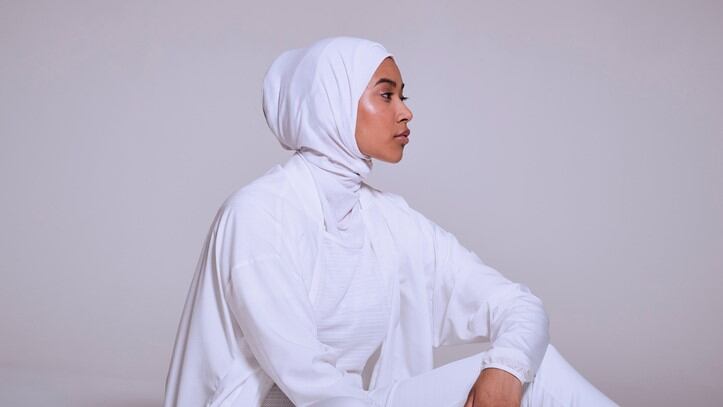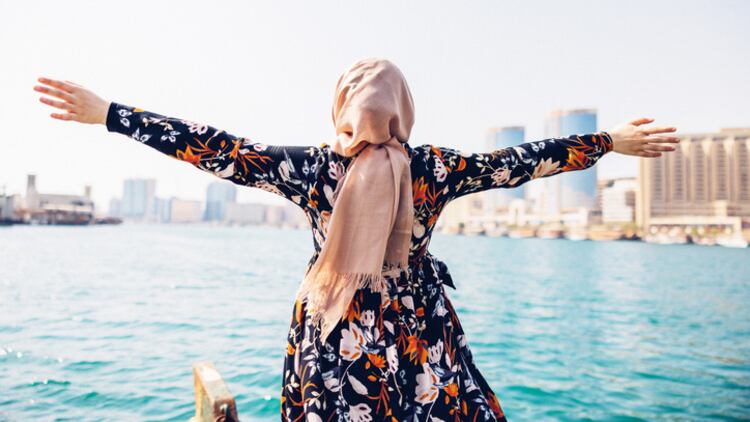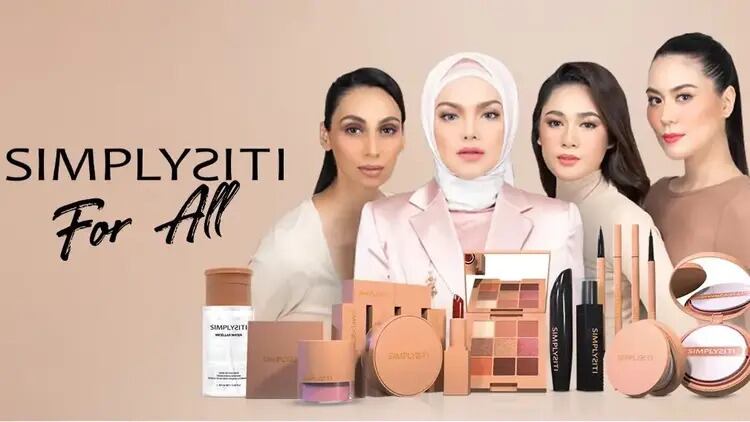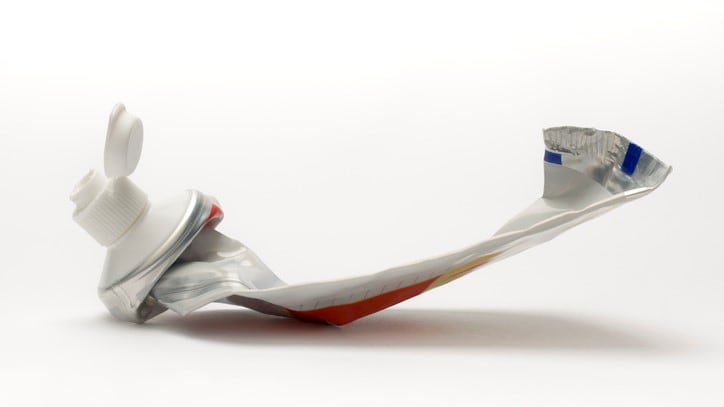Wastar Pink Berry is one of the latest active ingredients from the Canadian company that helps to minimise signs of scalp irritation such as redness and itching
The ingredient was developed in line with the trend of the ‘skinification’ of the hair and scalp, said regional marketing manager Federica Lam.
“Hair care is the next skin care. People are using more premium ingredients and they want something that can really work for the scalp problems.”
To study its effect on the scalp, the firm tested the active on participants from New Delhi during the monsoon season.
“For our clinical studies, we decided to challenge ourselves a bit by doing it in a more extreme manner. With heat, humidity, and pollution in a city like New Delhi during the monsoon season, you can imagine what the scalp is going through. It’s a majorly aggressive environment, especially under a helmet or a hijab.”
One panel of 16 hijabis were asked to apply a leave-on gel with 1% Wastar Pink Berry for 14 days and saw a reduction in redness, itchiness, and flakes on the scalp within seven days.
With these results, it believes the ingredient has a place in the humid climates in Asia. In particular, the company hopes to tap into the underserved halal beauty market which has unique requirements, especially among female hijab-wearers.
“We have studies on hijab-wearers as well, which is really applicable. If you think about it, there are a few products in the market [for hijabis], but the focus has mostly been on skin care and colour cosmetics. Perhaps, with our new ingredient, it’s time to shake it up a bit.”
The ingredient has wider applications in the region as well, Lam elaborated. “If we look at markets like South East Asia, people prefer motorbikes as transport to beat the major traffic. And with the humid conditions, the scalp can be prone to aggressors and irritation, which is why this helmet study is very suitable.”
Another panel of 15 male and female volunteers that wear helmets often tested the same leave-on gel and saw similar results that the hijabi panel – an overall reduction of scalp irritation in seven days.
The firm noted that current soothing scalp care products tend to address scalp irritations triggered by a biological or chemical factor. However, has recently become accepted that physical causes, in this case, heads covered by helmets and hijabs, can negatively affect the scalp because of the confined atmosphere in addition to friction.
Supporting circular beauty
With more demand for eco-conscious ingredients to support circular beauty, this ingredient was developed through upcycling.
Known for their spicy note, pink berries are widely used in the fine fragrance industry.
After the olfactory compounds are extracted from the berry, the firm collects the waste by-products from its parent company, International Fragrance and Flavours (IFF), and it is valorised by extracting and concentrating the last of the phytochemicals.
Furthermore, the end-product that is gathered at the end of the second extraction is reused as fertiliser, finally closing the loop on the creation of this ingredient.





